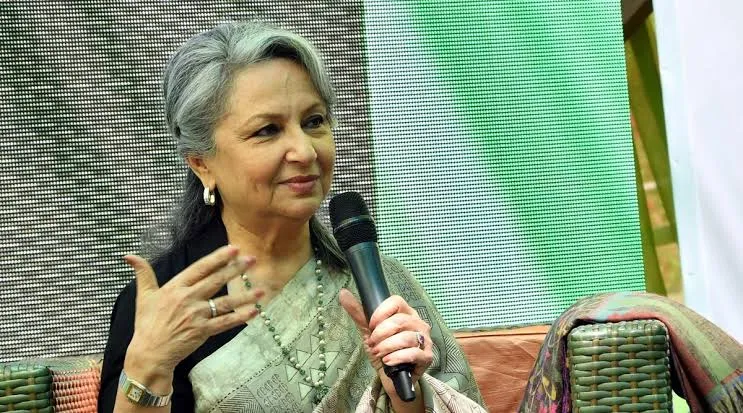Keir Starmer, the leader of the UK Labour Party, is making headlines with his upcoming meeting with Donald Trump in New York, aimed at establishing a productive relationship with the former president as he campaigns for re-election. This meeting comes during Starmer’s visit to the UN General Assembly, where he seeks to connect with global leaders and address critical international issues.
Starmer has long expressed the desire to meet both candidates in the upcoming US presidential election. He believes that personal relationships play a crucial role in diplomacy. “I want to meet both candidates… It’s good that this one now has been fixed. It’ll be really to establish a relationship between the two of us,” he remarked, highlighting the significance of understanding one’s counterpart on a personal level.
This meeting is particularly notable given Trump’s recent comments on immigration and his critiques of the Biden administration. Just hours before their encounter, Trump warned of a supposed “mass invasion” of illegal immigrants, linking the issue to the policies of his political rival, Vice President Kamala Harris. Starmer’s decision to engage with Trump comes amid a tense political atmosphere, underscoring the complexities of international relations in a divided political landscape.
In his statements, Trump acknowledged Starmer’s political prowess, saying, “He ran a great race… It’s very early but he is popular.” This recognition reflects a mutual respect that could be beneficial for future discussions between the UK and a potential Trump administration.
MUST READ: Navigating The Hurdles To An Israel-Hezbollah Cease-Fire
Adding to the complexities surrounding this meeting, Angela Eagle, a Home Office minister, made headlines by asserting that Trump’s rhetoric has emboldened racist sentiments and created a hostile environment for migrants. A spokesperson for Trump dismissed her remarks, emphasizing a lack of concern for her opinions. This situation illustrates the internal challenges Starmer faces within his party as he seeks to navigate a diplomatic path with the former president.
Starmer has chosen to sidestep direct commentary on Eagle’s remarks, instead focusing on the necessity of strong international relations. He reaffirmed that the UK’s “special relationship” with the United States is robust and transcends the political affiliations of those in power. “We will work with whoever is president,” he affirmed, emphasizing the continuity of the partnership regardless of the changing political tides.
During his time at the UN, Starmer also called for reforms in the global political landscape, advocating for permanent African representation on the Security Council and additional seats for countries like Brazil and India. He highlighted the urgent humanitarian crises around the world, driven by conflicts in regions such as Gaza, Ukraine, and Sudan, and stressed the need for collective action to address these challenges.
As Starmer prepares for his meeting with Trump, the political atmosphere is charged with anticipation. The outcomes of this engagement could significantly influence not just Starmer’s future interactions with the former president, but also the broader stance of the UK Labour Party toward a potential Trump presidency. Ultimately, the meeting represents a critical moment for Starmer to assert his diplomatic vision and navigate the complexities of international relations in an evolving political landscape.
ALSO READ: Harris Criticizes Trump’s ‘Surrender’ Proposals Amid Zelenskyy’s Visit






















